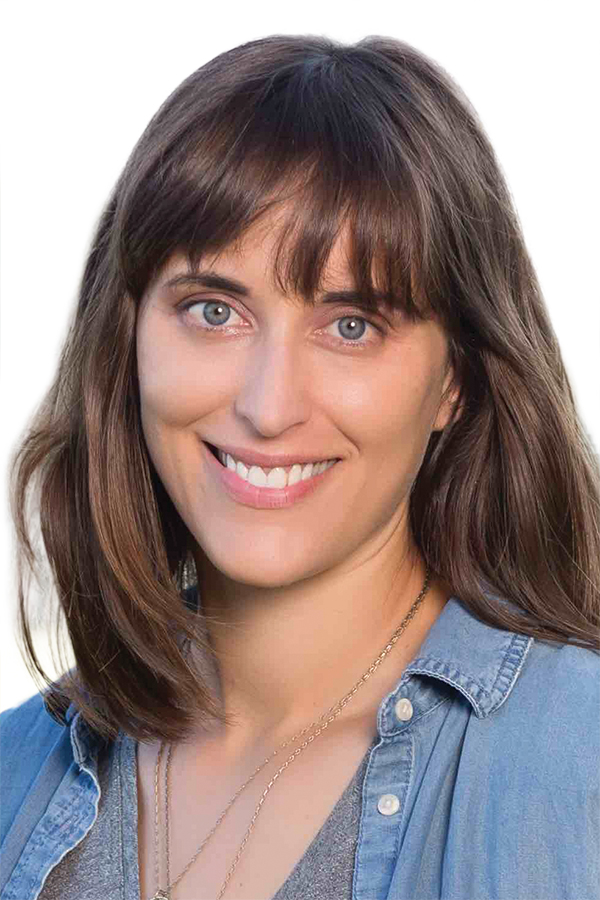NEA C-Suite: Hallie Shoffner
by September 24, 2024 12:30 pm 393 views

How would you describe your company? Delta Harvest is a specialty rice seed production farm and a regional food hub. We produce more than 20 different varieties of rice including jasmine, basmati, sake rice, sushi rice, and pigmented rice. We focus on value-added products, environmental sustainability, and supplier diversity. We’ve recently launched a new effort to build and connect farmers to more specialty crop markets for the Arkansas-Mississippi Delta region and hope to build farmer financial sustainability through diversification.
What is the best business advice someone has ever given you? It will be OK. Farming is uncertain and includes many uncontrollable factors, including the weather. My dad’s mantra has always been, “It will be OK, because you will make it through.” He suffered through the farm crisis of the 1980s and many of the ups-and-downs inherent in our industry, and I’ve found time and time again that he is right.
How significant to you is developing a diversity, equity and inclusion (DEI) culture within your organization? We are committed to the importance of DEI. Representation of race, gender, and culture in agriculture is important. It is always good to have the input of multiple perspectives, world views, and experiences. We are all made better by the richness of the human experience. Because so many groups in our society have been discriminated against and had opportunities taken from them — this is especially true for Black farmers in the United States — it is the responsibility of all governmental agencies, employers, buyers, and vendors to be intentional about DEI programs and supplier diversity.
Do you think Artificial Intelligence (AI) can take jobs in your industry? No, I don’t think that agriculture will ever be automated enough. I do think AI has the potential to help farmers become more efficient with things like input use and application and disease and pest identification.
Which skills do you think are most important when it comes to leadership? In agriculture, the most important skill is to be flexible and easily adaptable. Our industry changes rapidly and the best leaders are those able to sense the winds of change and pivot as needed.
If you could change one thing about your leadership style, what would it be and why? As a small business owner and farmer, my time is always limited. I wish I could work more often with my team in the field for training, morale boosting, and team building.
If you could trade places with anyone for a day, who would it be and why? My dog, Poppy, seems to have a great life. She eats, sleeps, gets to play on a farm, and worries about absolutely nothing.
What’s your favorite movie or television show? I’m a Star Trek fan. I love the idea of humans in space and exploring new worlds, cultures, and finding new technologies. TNG [Star Trek: The Next Generation] all the way.
What are your thoughts on working from home? It’s not feasible for a farmer or farm staff to work from home.
If you had $1 million to give, what would you support? I would start a fund that would invest in the formation of startups and small businesses that will create the infrastructure to support a more robust specialty crop industry in the Delta. We believe the Delta can be the next California in terms of diverse food production. Specialty crop investments in storage, transportation, and processing would mean more revenue per acre for farmers. It would mean more jobs in communities surrounding farms. It would mean more varied, nutritional dense food grown for the people of the Delta.
What is the most used app on your phone? Accuweather. As a farmer, I obsessively check the forecast. When I was a kid, my dad had a tiny TV in the kitchen and would watch it during breakfast. Now, the first thing I do when I open my eyes is open my phone to check the weather. The second most used is Motion, the AI task and calendar scheduling software.
